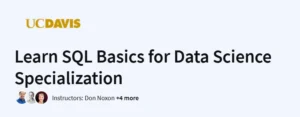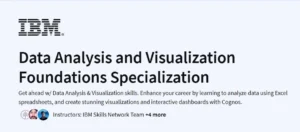What will you in the Big Data Modeling and Management Systems Course
Understand the fundamentals of big data and the role of data models in large-scale systems.
Learn different types of data models: relational, semi-structured (like JSON), and graph-based.
Explore big data management platforms such as AsterixDB, Vertica, Impala, Neo4j, Redis, and SparkSQL.
Design scalable data systems to handle real-time data and streaming environments.
Apply data modeling and management concepts to practical case studies, such as an online gaming platform.
Program Overview
1. Introduction to Big Data and Data Models
Duration: ~1 hour
Overview of big data challenges and terminology.
Introduction to key concepts like data ingestion, scalability, and modeling.
2. Foundational Data Modeling
Duration: ~2 hours
Discusses the structure of traditional relational databases.
Covers semi-structured data formats like CSV and JSON.
Includes schema design and data organization.
3. Advanced Modeling Approaches
Duration: ~2 hours
Introduction to vector space models and graph data structures.
Exploration of Lucene for text data and Gephi for network data visualization.
4. Streaming Data and Real-Time Systems
Duration: ~1.5 hours
Techniques for modeling and processing streaming data.
Introduction to data lakes and their role in flexible storage.
5. Big Data Management Technologies
Duration: ~1.5 hours
Comparative view of traditional DBMS vs. big data platforms.
Hands-on exposure to Vertica, AsterixDB, and other modern systems.
6. Capstone: Designing a Game Data System
Duration: ~1 hour
Final project: plan and design a data management system for an online game.
Apply learned concepts in modeling, streaming, and storage
Get certificate
Job Outlook
Data Engineers: Learn to design and maintain scalable data infrastructures.
Database Developers: Gain insight into managing structured and semi-structured data.
Software Engineers: Build data-driven features into large-scale applications.
System Architects: Design robust data architectures for real-time environments.
Business Intelligence Analysts: Better understand the structure and flow of large data ecosystems.
Specification: Big Data Modeling and Management Systems
|





